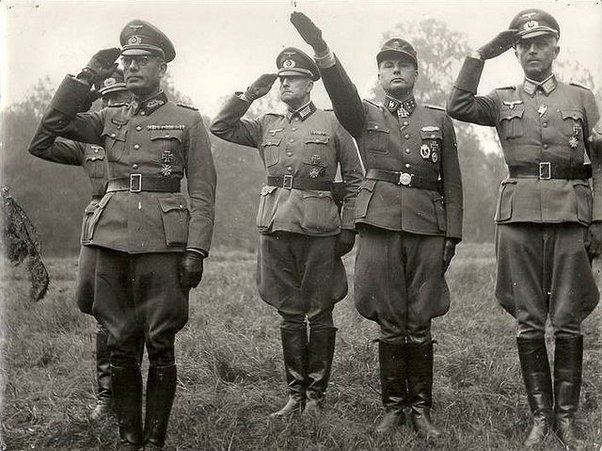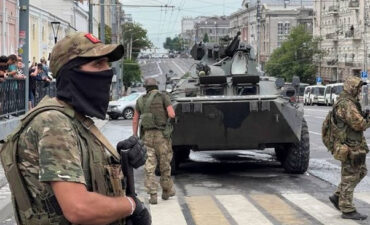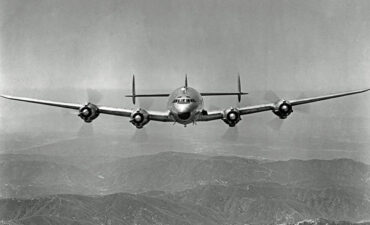What was the relationship between SS troops and regular Wehrmacht soldiers during World War II?
What was the relationship between SS troops and regular Wehrmacht soldiers during World War II? The relationship between SS troops and regular Wehrmacht soldiers during World War II was complex and often marked by tension and rivalry, despite both being part of the German military structure. Here are some key points outlining their relationship:
Different Origins and Roles:
The SS (Schutzstaffel) started as a personal protection unit for Adolf Hitler and evolved into a paramilitary organization with its own army, the Waffen-SS. The SS was involved not only in combat but also in police and security functions, often linked to the implementation of Nazi policies, including war crimes and the Holocaust.
Hierarchy and Command Structure:
While the Wehrmacht was under the command of the German High Command (OKW), the SS operated independently under Heinrich Himmler, who reported directly to Hitler. This created a parallel command structure, leading to competition and friction.
Ideological Differences:
The SS was deeply rooted in Nazi ideology, emphasizing loyalty to Hitler and racial purity, while many Wehrmacht soldiers were more focused on traditional military values. This ideological divide sometimes led to contempt and suspicion between the two groups.
Operational Differences:
In many cases, SS units were given specific tasks that involved brutal tactics, such as anti-partisan operations and atrocities against civilians. Wehrmacht commanders often viewed SS operations as reckless and counterproductive to military objectives.
Mutual Distrust:
Regular Wehrmacht soldiers sometimes resented the SS for their perceived arrogance and favoritism shown by the Nazi leadership. Conversely, SS personnel often regarded regular soldiers as lacking the ideological commitment that they felt was necessary for the Nazi cause.
Collaboration and Tension:
Despite these differences, there were instances where SS and Wehrmacht units collaborated in combat operations. However, tensions often erupted, particularly when SS units conducted operations that violated military discipline or involved atrocities.
Post-War Perspectives:
After the war, the distinctions between the SS and Wehrmacht became points of contention in post-war trials. Many Wehrmacht leaders sought to distance themselves from the crimes committed by the SS, claiming they were not involved in or aware of these actions.
Overall, the relationship between SS troops and Wehrmacht soldiers was characterized by a mix of rivalry, collaboration, and ideological differences, influencing their interactions on the battlefield and beyond during World War II.









